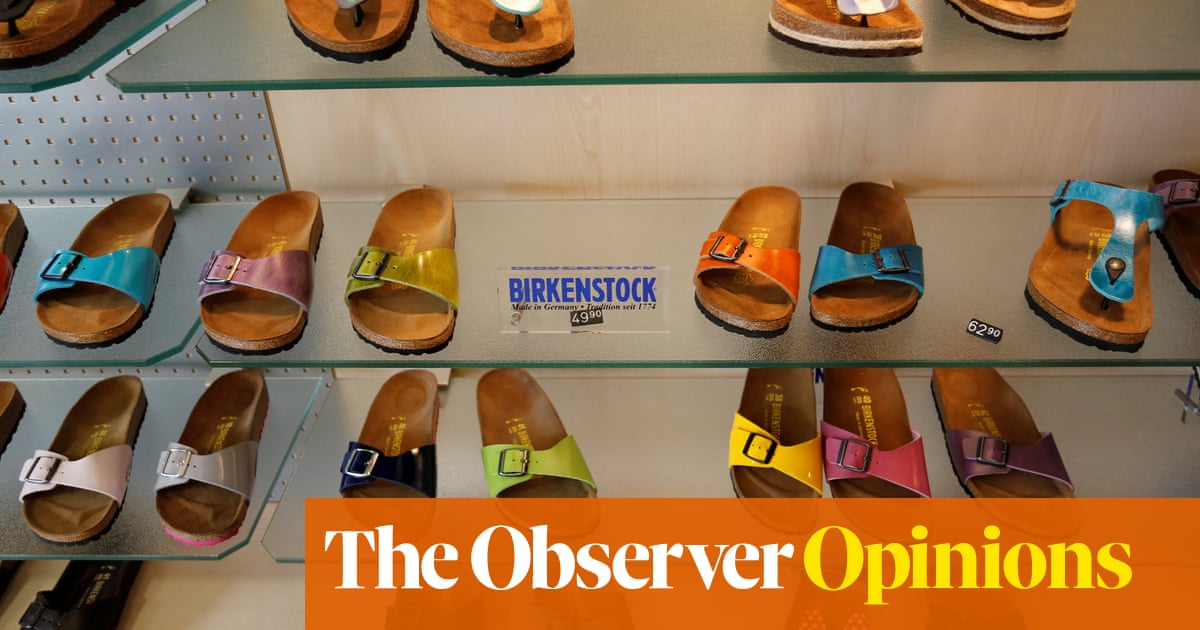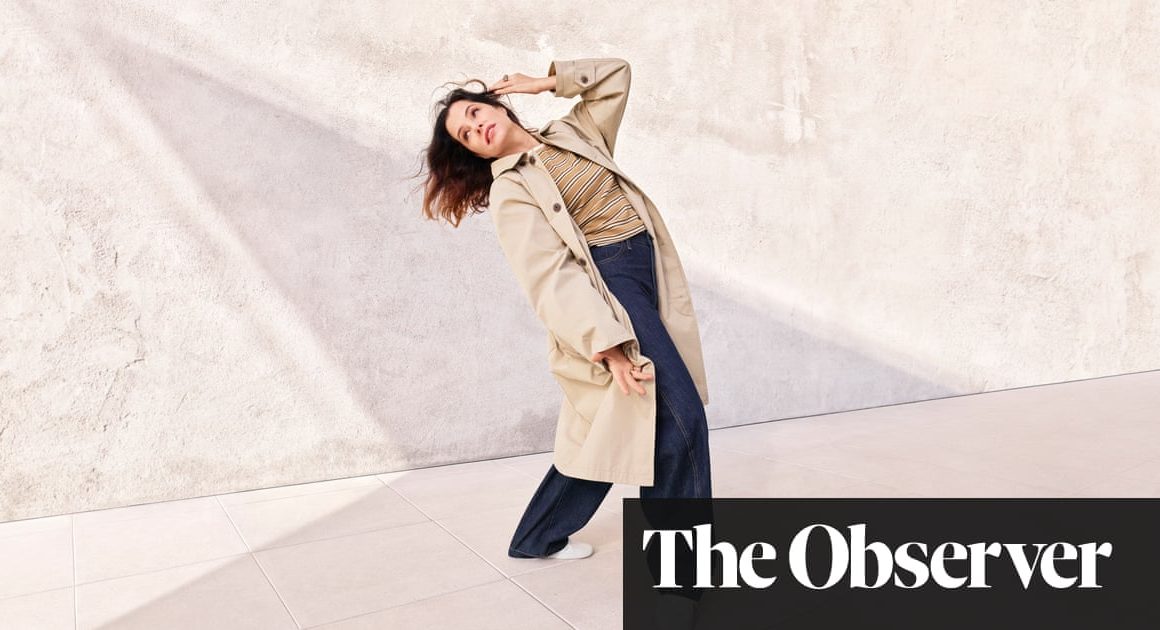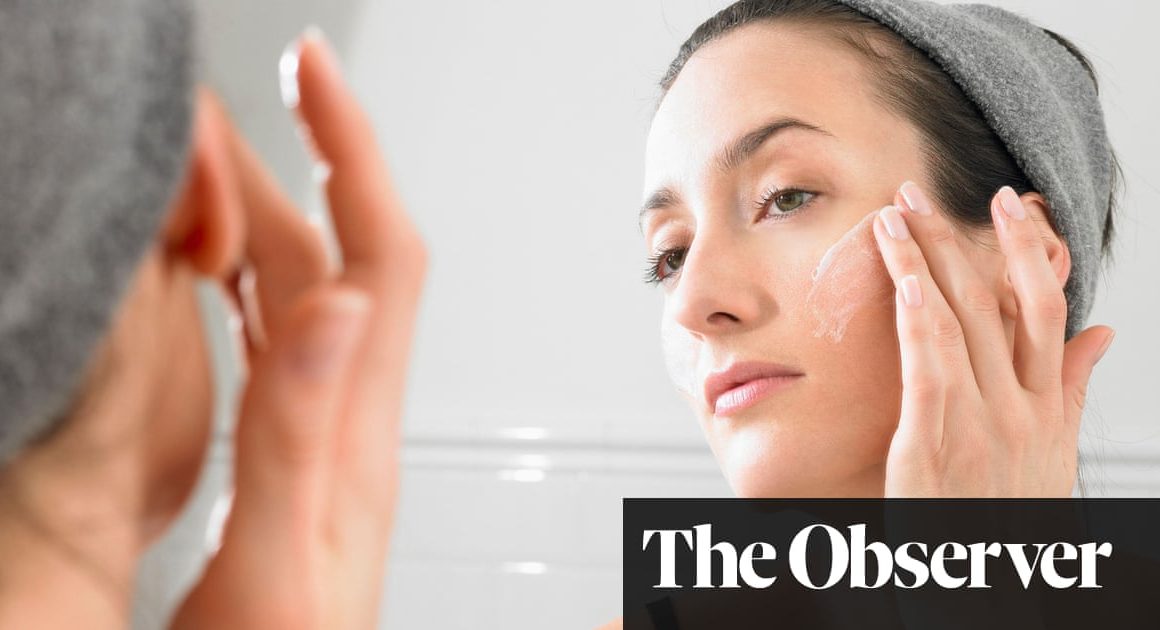Birkenstock is suing several competitors for allegedly copying four of its most recognisable styles: the Arizona and Madrid sandals, the Gizeh flip-flop, and the Boston clog – a closed-toe design beloved by the likes of Kaia Gerber, Jason Momoa and Gigi Hadid, with sales in 2024 more than doubling the company’s average.
Defending its litigious stance, the German brand, which has been crafting sandals in the Linz am Rhein region since the 18th century, claims its products transcend everyday footwear and should instead be considered pieces of “applied art” – wearable artefacts of historic craftsmanship deserving protection from imitators such as Tchibo, another German company, which is named in the lawsuit.
Over its 250 years in business, the brand has achieved an extraordinary level of cultural significance. Since introducing the corkbed sandals that made its name in the 1960s, Birkenstock has become one of those rare companies entirely synonymous with the product it creates. To own a pair of Birkenstocks is to own a slice of history – instantly recognisable by name and inextricably woven into the culture. Applied art? Perhaps. Fashion world lodestone? Certainly.
The brand’s recent success speaks volumes. In 2021, Birkenstock partnered with the private equity firm L Catterton – co-owned by LVMH boss Bernard Arnault – in a deal valued at £3.99bn. By the second quarter of 2024, its sales had risen 19%, reaching £474m. With such exponential growth – not to mention unparalleled brand recognition (according to research carried out by Statista in 2024, the Birkenstock name was known to 57% of US consumers) – it is understandable that the firm would want to protect its intellectual property and, by extension, its market share. Copycats not only undermine Birkenstock’s hard-earned reputation, but also erode the sense of exclusivity that keeps loyal customers coming back for more.
I was a relatively late convert. My first pair – navy leather Arizonas – was bought during the pandemic, when comfort trumped all other sartorial concerns. At the time, I saw the shoes as a practical choice for standing in sweltering supermarket queues or socially distanced strolls, but I was soon hooked.
after newsletter promotion
Today, my collection consists of 10 pairs, including a set of shearling-lined Arizonas, chocolate suede Bostons, some Tokio clogs and even a beautiful pair of buff Dior x Birkenstock Milanos which I’m too scared to wear all that often.
Each pair represents an investment – not just in my ever-expanding footwear arsenal, but in quality, longevity and the joy of owning something that I know will never go out of style.
I also like the way they look. There’s something honest and Hobbity about them – the groundedness of the profile meaning they work just as well worn with swimming trunks or white jeans on holiday as they do with tailoring (see David Beckham’s turn wearing a pair with red socks and a navy Loro Piana suit last year for proof).
That sense of reliability and versatility is why Birkenstock continues to thrive. In its 2024 report, released in late December, it revealed revenues of £1.5bn, a rise of 21% year on year. Just as I trust 140-year-old Jermyn Street brand Turnbull & Asser for shirts that will survive endless hot washes, and Gucci for snaffle loafers that I’ll be able to pass on to the next generation, I – like many others – believe in Birkenstock to continue delivering sandals that are as comfortable on a hike as they are suitable for sitting on the front row. There’s a certain satisfaction in knowing that the same shoes that supported my spine through a pandemic are still as relevant today. Beyond comfort and style, it’s also Birkenstock’s dogged commitment to consistency that sets it apart, remaining steadfast to simple, practical shoes designed for both comfort and durability. In recent years, the sandals and clogs have scaled from utilitarian to aspirational, cementing their place in the global fashion discourse.
This is partly thanks to its robust programme of collaborations with the likes of Rick Owens, Valentino, Manolo Blahnik and Dior, not forgetting its role on the feet of Margot Robbie’s Barbie, all of which have solidified Birkenstock’s status as a go-to for both fashion fans and everyday wearers. Few competitors can even dream of achieving such widespread resonance.
So does Birkenstock deserve protected status? Absolutely. But while legal protections may help safeguard its legacy for decades to come, right now its reputation seems pretty untouchable.












